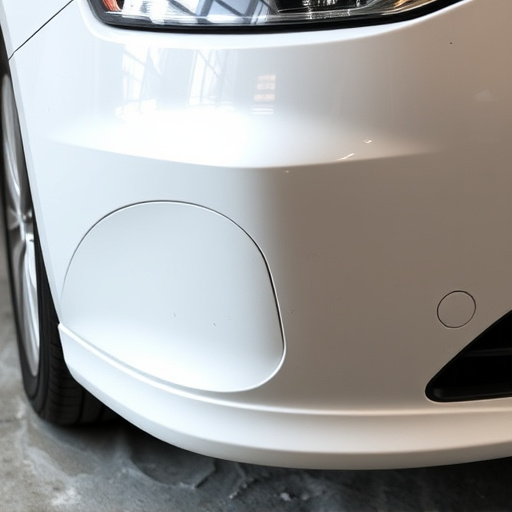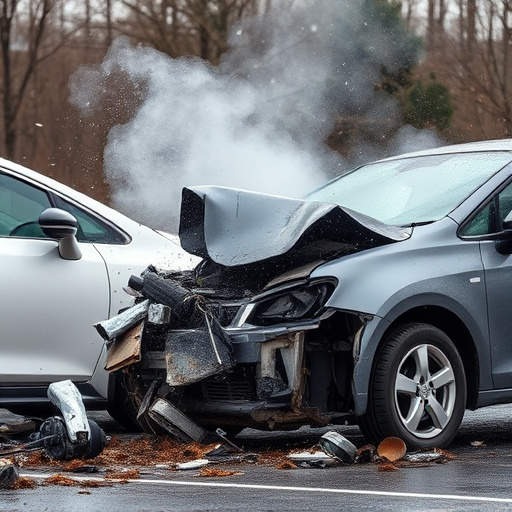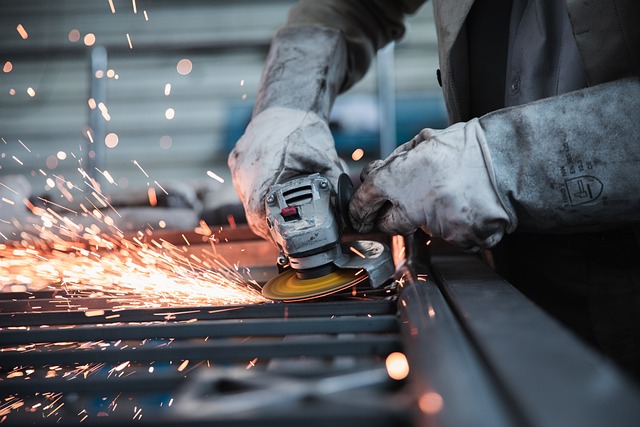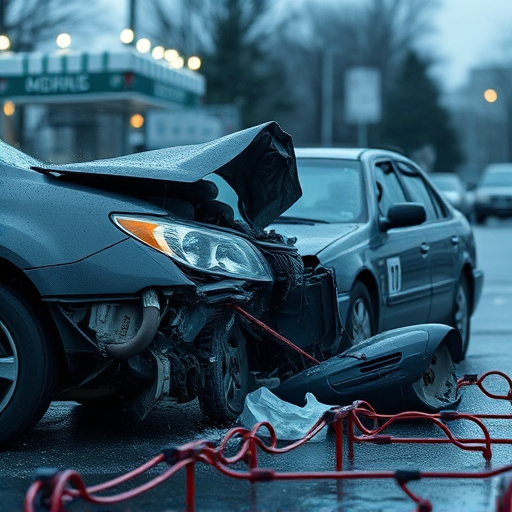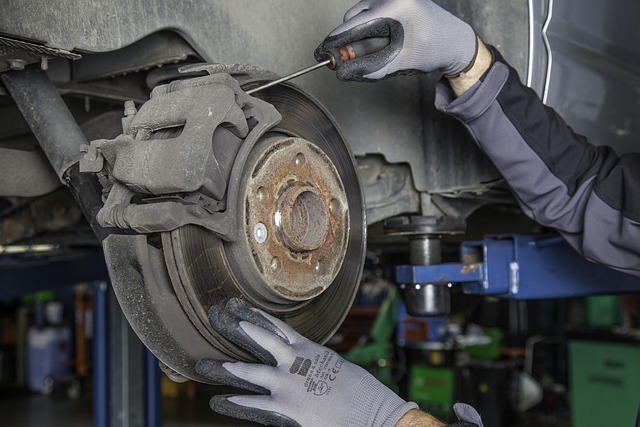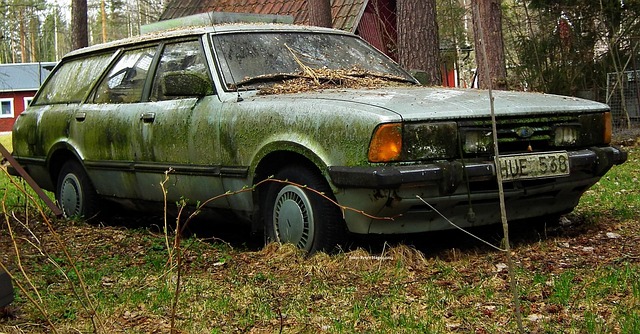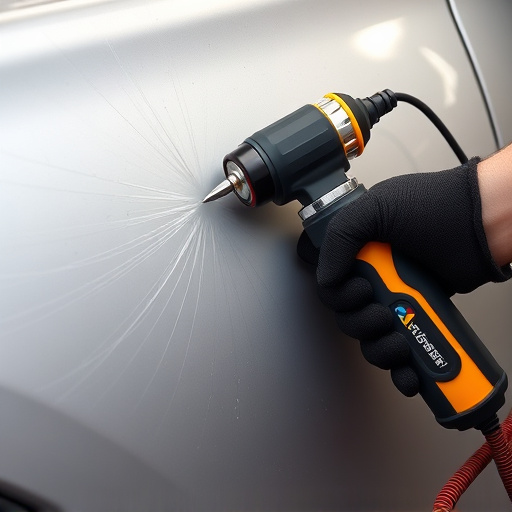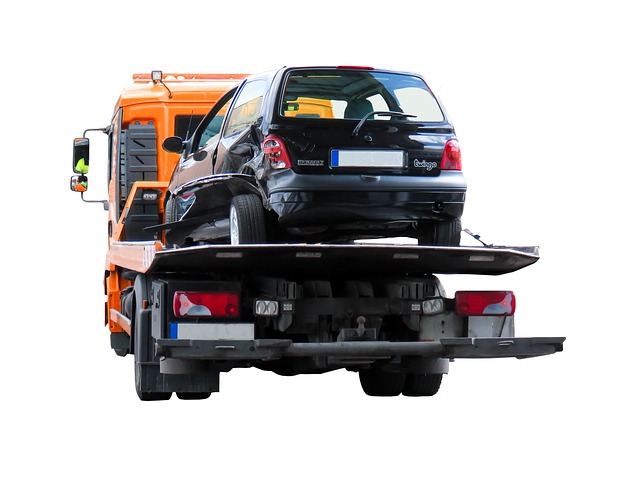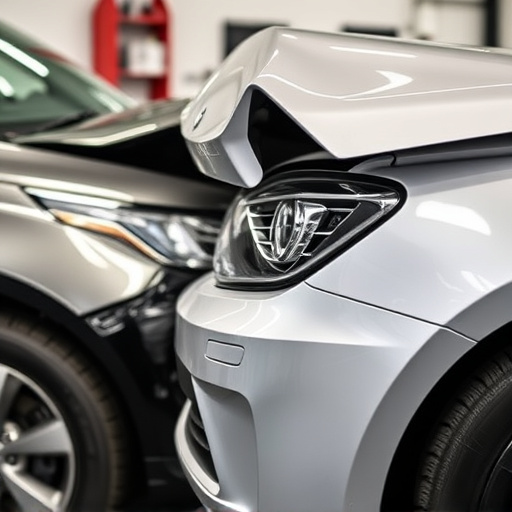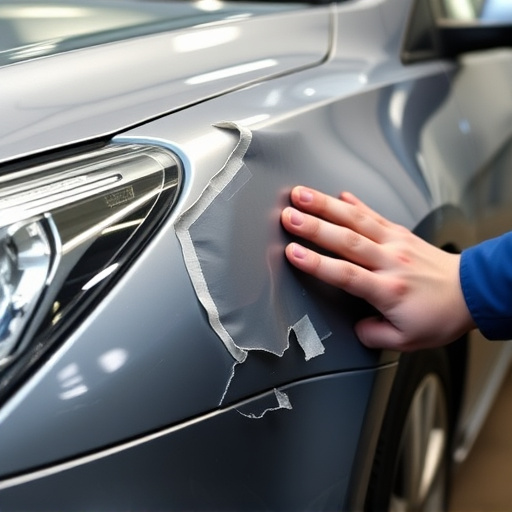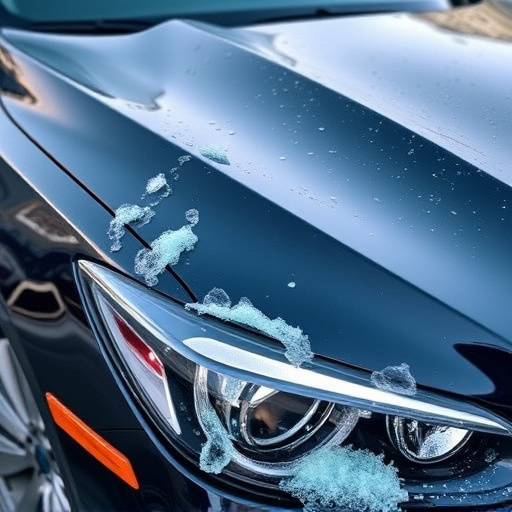Vehicle restoration services meet growing demand for reviving old cars to like-new conditions through multi-stage processes including assessment, disassembly, repair/replacement, painting, and reassembly. While enhancing aesthetics and increasing vehicle value, these services can complicate insurance processes due to variable costs and quality issues. Buyers should be aware of "rebuilt" or "reconstructed" titles but appreciate the benefits of meticulous repair work, commanding higher resale values.
Vehicle restoration services have emerged as a game-changer in the automotive industry, offering enthusiasts and owners a chance to revive their classic or damaged cars. However, these processes can significantly impact insurance and titles. This article delves into the intricate relationship between vehicle restoration, insurance claims, and title history. By understanding the restoration process and its effects on coverage and resale value, car owners can make informed decisions, ensuring a smooth journey in the world of automotive rejuvenation.
- Understanding Vehicle Restoration Process
- Impact on Insurance Claims and Coverage
- Effects on Vehicle Title and Resale Value
Understanding Vehicle Restoration Process

Vehicle restoration services have evolved to meet the growing demand for like-new conditions on older vehicles. The process typically begins with an assessment to determine the extent of damage or wear, which can range from minor cosmetic issues like car scratch repair and auto glass replacement to more significant structural repairs. Skilled technicians then employ a variety of techniques, including paintless dent repair, sandblasting, and custom fabrication, to restore the vehicle to its original condition or an even better state.
This meticulous process involves several stages: disassembly, repair or replacement of damaged components, careful painting and finishing, and finally, reassembly. The goal is not merely to fix but to rejuvenate, ensuring that every detail matches the vehicle’s initial specifications. As such, vehicle restoration services not only enhance a car’s aesthetics but also its value, often making it easier for owners to sell or insure their vehicles at premium rates.
Impact on Insurance Claims and Coverage

Vehicle restoration services have a significant impact on insurance claims and coverage processes. When a car undergoes extensive repairs, including auto body repair or vehicle paint repair, it can be challenging for insurance providers to assess the true value of the vehicle. This complexity arises from the potential for excess costs, especially in cases where specialized fleet repair services are required. As such, insurers may need to reevaluate their valuation methods and policies to account for these unique circumstances.
The presence of restoration work also influences the transparency and accuracy of insurance claims. While repairs are essential for restoring a vehicle’s safety and aesthetics, they can introduce variability in terms of quality and cost. Insurance companies must carefully consider how these factors affect their ability to accurately settle claims, potentially leading to adjustments in coverage options and policyholder expectations.
Effects on Vehicle Title and Resale Value

When vehicle restoration services are undertaken, it’s important to understand how they impact both the car’s title and resale value. Restored vehicles often carry a unique selling point—a fresh, like-new appearance that can significantly enhance their marketability. However, this doesn’t automatically translate into an improved title or legal status. The vehicle’s history, including any prior accidents or damage, remains part of its record, regardless of restoration efforts.
In many cases, auto maintenance and repair companies involved in car scratch repair or even more extensive car damage repair will obtain a “rebuilt” or “reconstructed” title for the vehicle. This denotes that substantial repairs have been made, but it also means potential buyers need to be aware of the previous issues. Despite these considerations, well-restored vehicles can still hold their value better than those with clear damage, making them attractive to buyers who appreciate quality auto maintenance and a meticulously repaired car.
Vehicle restoration services can significantly impact an insurance claim’s process, coverage options, and ultimately, a vehicle’s title and resale value. By understanding these effects, car owners can make informed decisions regarding restoration efforts after an accident or damage. This knowledge empowers them to navigate the insurance landscape more effectively while ensuring their vehicles’ long-term value and marketability.
